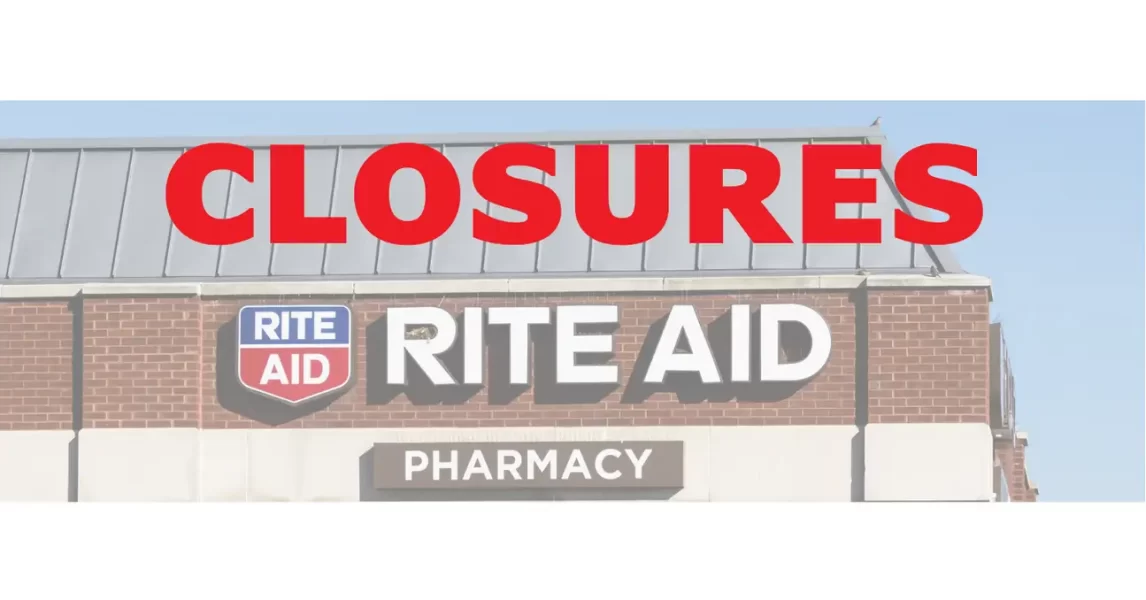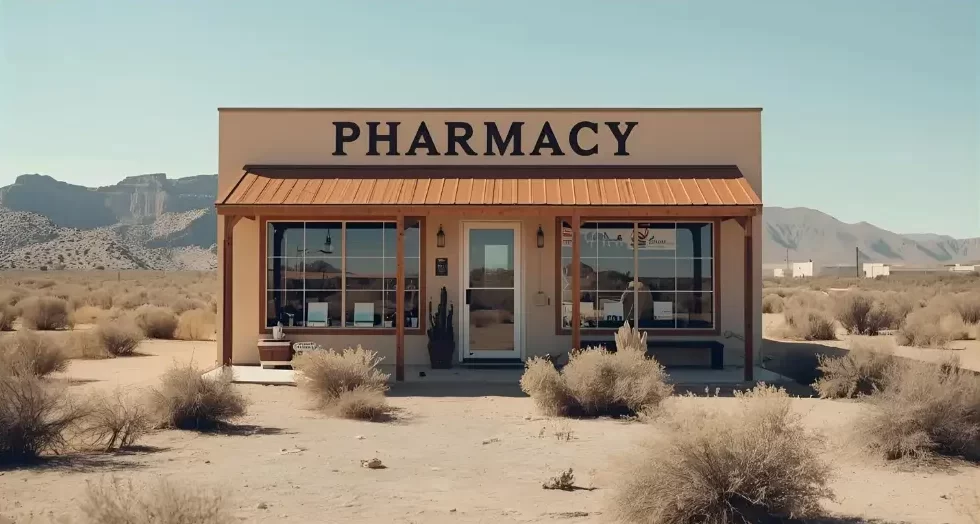Rite Aid closures pharmacy deserts Ohio PBM reform – Ohio Capital Journal Online Article | October 13, 2025
A wave of pharmacy closures is spreading across the country, and the impact is hitting Ohio especially hard. Rite Aid, once the third-largest pharmacy chain in the United States, has now closed all of its stores nationwide. The closures come after two bankruptcies and years of struggling to compete in a marketplace dominated by pharmacy benefit managers (PBMs) and corporate consolidation.
Rite Aid’s Decline and Final Shutdown
According to Health Care Dive, Rite Aid was still operating more than 1,200 stores as recently as early October 2025. But by October 6, the company confirmed on its website that all locations were permanently closed. Customers were directed to request medical records or transfer their prescriptions to other pharmacies.
This marks the end of an era for one of the largest chains in U.S. history and underscores how unstable pharmacy access has become across many states.
The PBM Problem Behind Closures
Independent and chain pharmacies alike have long pointed to PBM practices as a leading cause of unsustainable business conditions. PBMs—mainly CVS Caremark, Express Scripts, and OptumRx—control nearly 80% of prescription drug access in the United States.
They decide:
-
Which drugs are covered
-
How much patients pay
-
How much pharmacies are reimbursed
Too often, PBMs reimburse independent and local pharmacies below the actual cost of drugs, then later claw back additional money through direct and indirect remuneration (DIR) fees. Meanwhile, PBMs also steer patients toward their own corporate-owned pharmacies and mail-order services, fueling unfair competition.
The Federal Trade Commission (FTC) has accused PBMs of price hikes and self-dealing earlier this year, citing conflicts of interest across the system.
Pharmacy Deserts in Ohio
The Rite Aid closures add to an alarming trend. The Ohio Board of Pharmacy revealed that the total number of pharmacies in the state has dropped below 2,000 for the first time in memory. This decline has happened despite modest population growth.
These closures create pharmacy deserts, particularly in underserved communities where transportation options are limited. For the poor and elderly, losing a nearby pharmacy doesn’t just mean longer drives for prescriptions. It means losing access to:
-
Regular counseling on chronic conditions like diabetes and hypertension
-
Vaccinations and preventive care
-
Personal connections with trusted pharmacists
Without local access, patients face higher risks of missed medications, unmanaged chronic conditions, and costly hospital visits.
RescueMeds’ Perspective: A Call for Reform
At RescueMeds, we believe the collapse of community access to pharmacies is no accident—it’s the result of PBM dominance and unchecked consolidation in healthcare. Patients suffer when corporate middlemen place profits above care.
We support reforms like those recently passed in states such as California and Ohio, which aim to:
-
End spread pricing
-
Ensure fair reimbursement for pharmacies
-
Increase transparency in rebate systems
-
Protect patients from PBM-driven network restrictions
Pharmacy deserts are not just a business issue—they are a public health crisis. Every closure cuts off patients from vital care, and the system needs reform now.
Take Action
The wave of pharmacy closures should serve as a wake-up call. Patients, providers, and lawmakers must demand PBM accountability and fair access to community pharmacies.
At RescueMeds, our mission is to ensure that injured workers and vulnerable patients receive timely prescriptions at no cost to them—without delays, denials, or PBM interference. Because access to medication isn’t optional—it’s essential.






No comment yet, add your voice below!